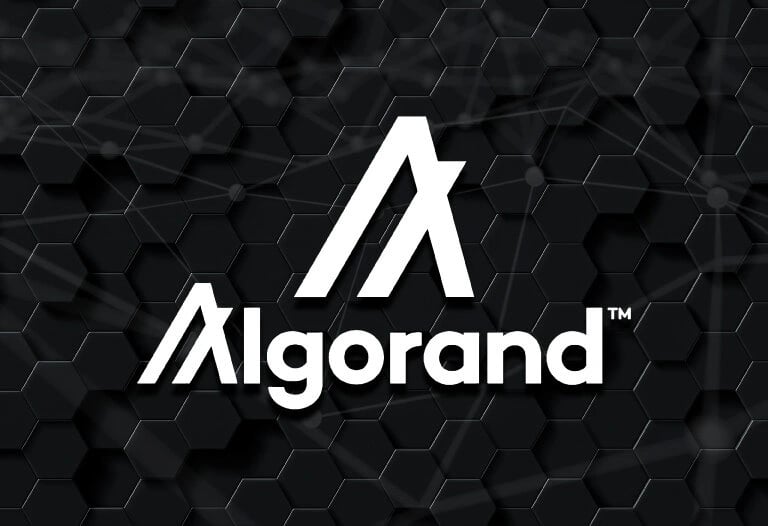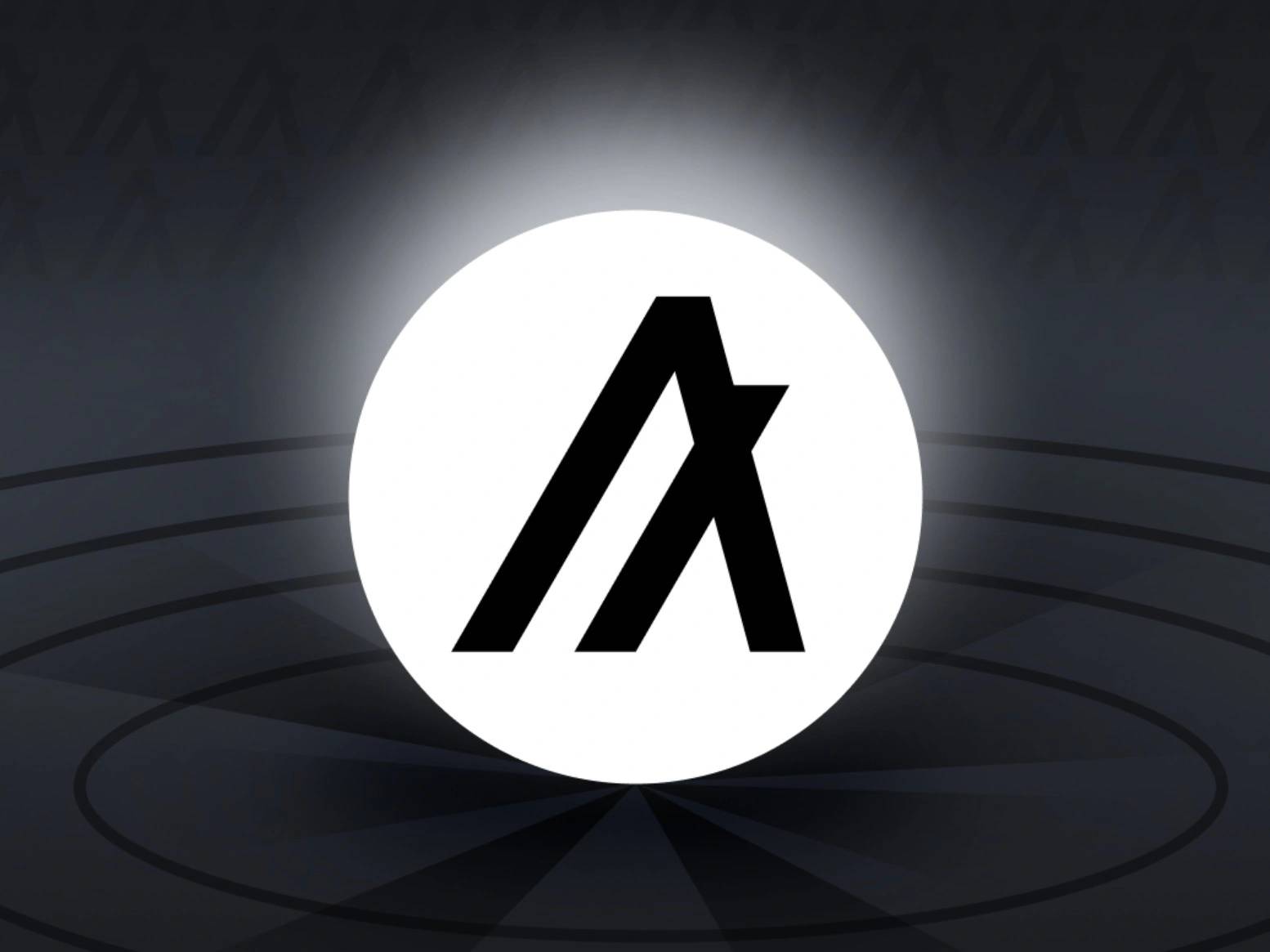Subscribe to wiki
Share wiki
Bookmark
Algorand (ALGO)
The Agent Tokenization Platform (ATP):Build autonomous agents with the Agent Development Kit (ADK)
Algorand (ALGO)
ALGO is the native cryptocurrency of the Algorand blockchain, launched in June 2019 alongside its mainnet. It supports the network’s Pure Proof-of-Stake consensus by facilitating transactions, governance, and staking without requiring token lockups. [1] [3]

Overview
ALGO is the native token of the Algorand network, which operates on a Pure Proof-of-Stake (PPoS) consensus mechanism designed to balance security, scalability, and decentralization. Transactions are finalized instantly, with the network handling up to 1,000 transactions per second. ALGO holders and node operators play essential roles in validating blocks, and the system uses Byzantine agreement protocols to maintain security, even if individual nodes are compromised. Token supply is capped, with all ALGO minted at genesis and distributed gradually with each block.
ALGO has several key functions within the ecosystem. It is used for staking, where influence over consensus is tied to the amount held, supporting decentralization and security. ALGO also functions in governance, allowing users to vote on network proposals by locking tokens for 90-day periods. Additionally, it serves as the gas token for paying transaction fees, helping sustain network operations. Algorand incorporates automatic storage participation, meaning all users contribute to data storage once they join, supporting a two-tier decentralized structure. [1] [9]
Tokenomics
ALGO has a maximum supply of 10B tokens and has the following distribution: [2] [11]
- Public Sale: 30%
- Node Runners: 25%
- Team: 20%
- Participation Rewards: 17.5%
- Algorand Foundation: 5%
- End User Grant: 2.5%
Staking
Algorand's staking rewards system, introduced with the Algorand 4.0 upgrade in January 2025, distributes real-time rewards to validators who successfully propose blocks. The system eliminates common staking restrictions like lockups and slashing penalties, allowing users to retain control of their assets while contributing to network security.
Validators earn 10 ALGO per proposed block, with the reward amount decreasing by 1% for every million blocks. They also receive 50% of the transaction fees from their blocks. Participation is accessible through multiple methods: running a node (for users with 30,000+ ALGO), liquid staking via platforms like Folks Finance and Tinyman, staking pools through Pact or Réti, and delegated staking with services like Valar. These options aim to expand participation and reinforce decentralization while maintaining scalability and security. [10]
See something wrong?
The Agent Tokenization Platform (ATP):Build autonomous agents with the Agent Development Kit (ADK)
